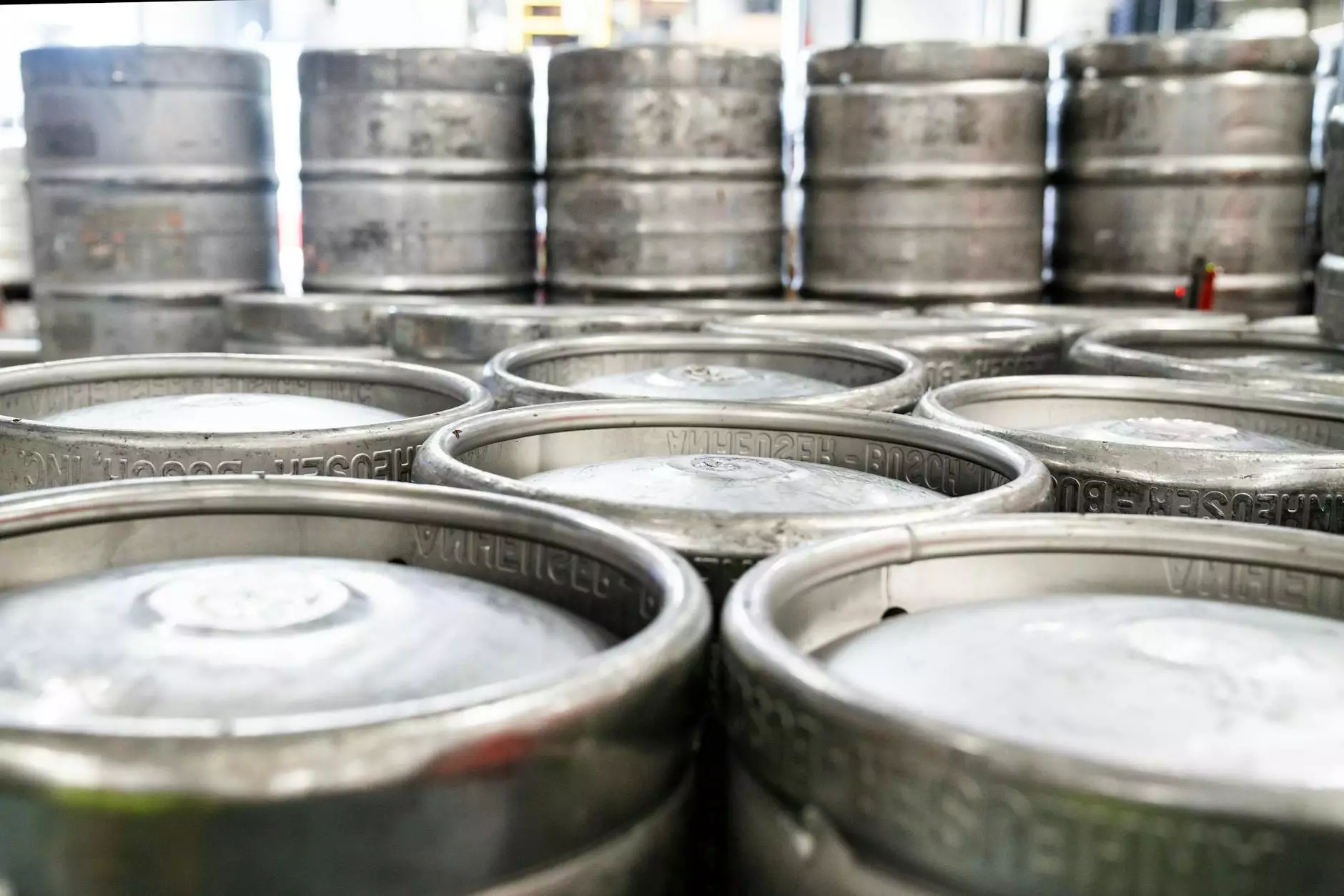Understanding Fabric Conditioner vs. Fabric Softener: A Comprehensive Guide

When it comes to laundry, choosing the right products can make all the difference in achieving that fresh, clean feel and look for your clothes. Many individuals often ask, "is fabric conditioner the same as fabric softener?". In this article, we will break down the similarities and differences between these two commonly used products, ensuring you make informed choices for your clothing and linens. We will also explore the impact of these products on various aspects of your home, especially in areas like Skin Care, Child Care & Day Care, and Home Health Care.
Defining Fabric Conditioner and Fabric Softener
Before diving into the details, it is essential to establish what each product is and its intended purpose. Understanding these definitions will allow for better decision-making when it comes to laundry products.
What is Fabric Conditioner?
Fabric conditioner is a product designed to enhance the softness of fabrics and reduce static cling. It is typically used during the rinse cycle of washing. Fabric conditioners can also reduce wrinkles and help retain the color of fabrics, meaning your clothes can look newer, longer. In addition to softening fabrics, they also provide a pleasant fragrance, which can elevate the overall laundry experience.
What is Fabric Softener?
Fabric softener is a term that is often used interchangeably with fabric conditioner. However, it refers specifically to products that primarily focus on softening fabrics. Traditional fabric softeners often contain a lot of chemicals and are designed to coat the fibers of your clothing to reduce friction and improve tactile softness.
Key Differences Between Fabric Conditioner and Fabric Softener
While it may appear that fabric conditioner and fabric softener serve the same primary function, there are subtle, yet important differences.
1. Composition
Fabric softeners typically contain quaternary ammonium compounds that coat the fibers of the fabric. On the other hand, some fabric conditioners may also include surfactants and other ingredients that can help with cleaning as well as softening. Hence, while all fabric softeners can be considered fabric conditioners, not all fabric conditioners are fabric softeners.
2. Functionality
While both products aim to soften clothes, fabric conditioners tend to offer additional benefits such as:
- Reducing static cling
- Helping to retain color
- Minimizing wrinkles
These extra functionalities make fabric conditioners better suited for a broader range of textiles.
3. Usage Guidelines
Fabric softener is generally added directly to the washing machine during the rinse cycle after the detergent. Conversely, fabric conditioners can often be used in both washing machines and as a final rinse in manual washing processes. This flexibility is beneficial to those who handwash delicate items.
Benefits of Using Fabric Conditioner and Fabric Softener
Understanding why you might want to incorporate either product into your laundry routine is crucial. Here are some benefits:
1. Improved Softness
Softening clothes enhances comfort, making them feel better against the skin. This is particularly important for those with sensitive skin or conditions that require skin care vigilance.
2. Fresh Fragrance
Most fabric conditioners and softeners leave a lasting, fresh scent on fabrics that can elevate your daily experience. A pleasant aroma can make your laundry feel fresher and more appealing.
3. Static Reduction
Static cling can be frustrating, especially in colder climates where the air tends to be drier. Both fabric conditioners and softeners can significantly help reduce this annoying trait, ensuring your clothes lay flat and look their best.
4. Enhanced Lifespan of Fabrics
Softening reduce wear and tear on your clothes, thus contributing to their long-lasting durability. This is especially important for items used in Home Health Care, where fabrics are often washed frequently.
Choosing the Right Product for Your Needs
When it comes to selecting fabric conditioners or softeners, consider the following factors:
1. Fabric Type
Different fabrics react variably to these products. For example, delicate items such as silk or wool may require gentler conditioners, while cotton can tolerate standard fabric softeners.
2. Purpose and Use Case
Are you washing baby clothes? You might want to use a gentle, hypoallergenic fabric conditioner for Child Care & Day Care. For everyday laundry, a standard fabric softener may suffice.
3. Skin Sensitivities
If someone in your household has sensitive skin or allergies, choosing a fragrance-free or allergy-tested product can help alleviate discomfort.
Environmental Considerations
When choosing between fabric conditioner and fabric softener, it's crucial to consider their environmental impact. Many traditional products contain chemicals that can harm the environment. Several eco-friendly options are now available:
- Natural fabric softeners made from plant-based ingredients
- Essential oil-infused fabric conditioners that impart fragrance without synthetic fragrances
Choosing environmentally-friendly products not only benefits the Earth but can also protect the health of your family, especially when considering Home Health Care.
Conclusion: Is Fabric Conditioner the Same as Fabric Softener?
In summary, while the terms "is fabric conditioner the same as fabric softener" often lead to confusion, it is essential to recognize their distinctive functions. Fabric conditioners offer a broader range of benefits, while fabric softeners primarily focus on softness. In making your choice, consider your laundry needs, fabric types, and any sensitivities within your family.
By educating yourself on these products, you empower your laundry routine and ensure your clothes not only look great but feel amazing too.









